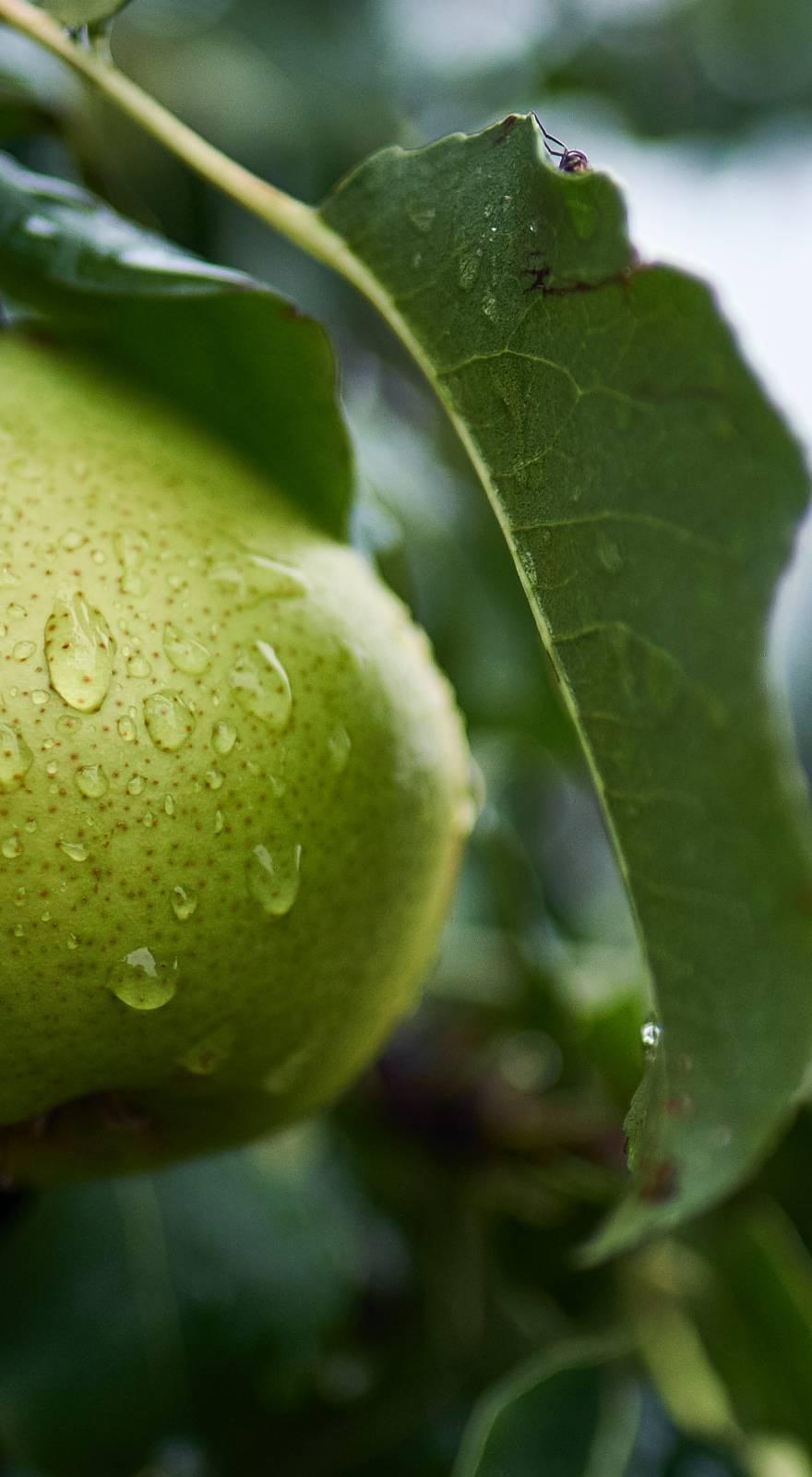Knowde Enhanced TDS
Identification & Functionality
- Chemical Family
- Agrochemical Functions
- Technologies
Applications & Uses
- Markets
- Application Technique
Properties
- Typical Properties
| Value | Units | Test Method / Conditions | |
| Mass fraction of TOTAL nitrogen (N) | 27.0+/-0.4 | % | — |
| Mass fraction of ammoniacal nitrogen (N-NH4) | 13.5+/-0.5 | % | — |
| Mass fraction of nitric nitrogen (N-NO3) | 13.5+/-0.5 | % | — |
| Mass fraction of calcium nitrate (Ca(NO3 ) 2 ) | min. 0.5 | % | — |
| Mass fraction of calcium carbonate and magnesium carbonate (CaCO3 +MgCO3 ) | min. 20 | % | — |
| Moisture | max. 0.3 | % | — |
| Static granule strength | min. 35 | kgf/granule | — |
| Nitrogen Content | 27 | % | — |
| Ammonia Content | 13.5 | % | — |
| Nitrate Content | 13.5 | % | — |
| Magnesium Content | 4 | % | — |
| Calcium Content | 6 | % | — |
Packaging & Availability
- Packaging Type
- Transportation
When transporting CAN and nitrogen fertilizers with additives pre-packaged in big bags of 500 kg during the cold season (from 15 September to 15 April), they may be stored in stacks on top of each other in 6 rows for a short period (up to 8 days). During such transportation the fertilizer may stick to easily crumbling pieces. During the cold and warm seasons, when the fertilizer temperature in the wagons can reach critical temperatures of -17ºC and +32.3ºC, the transportation of CAN and nitrogen fertilizers with additives from AB Achema to Klaipeda port for unloading should be arranged within the shortest possible period, not exceeding 8 days (fertilizers should be stored in the mineral carrier for no longer than 8 days), in order to reduce the impact of crystalline modifications of ammonium nitrate contained by the fertilizers on the fertilizer quality. If rain starts at the time of loading or unloading of product on a ship, the hold of the vessel must be closed and the loading works must be stopped.
- Packaging
500 kg polypropylene sacks and bulk (mt). Labeling options are possible upon request.
Storage & Handling
- Storage
During the cold season (15 September to 15 April), the pre-packaged product may be stored in closed, covered (roofing may not have transparent inserts or skylights), dry, ventilated and clean warehouses or outdoors, protected from direct sunlight, atmosphere precipitation, moisture (rain, snow; the bag must not be placed in water and water must not accumulate on the bag). During the warm season (15 April to 15 September), the pre-packaged product may be stored in closed, covered (roofing must not have transparent inserts or skylights), dry, ventilated and clean warehouses. During the warm season, the pre-packaged product is not allowed to be stored outdoors or under tents in order to avoid the greenhouse effect. The product must be stored away from heat sources or flames, protected from flammable substances, reducers, acids, alkalis, sulfur, chlorates, chlorides, chromates, nitrites, permanganates, metal powders (especially zinc), substances containing copper, nickel, cobalt, zinc or their alloys. Avoid storing the product in hot rooms or in direct sunlight, damaging the product packaging, getting moisture into the product, contamination with incompatible materials (fertilizers and other substances containing elemental sulfur, urea, nitrogen phosphor potassium, nitrogen phosphor and/or nitrogen potassium urea-based fertilizers), lubricants, flammable substances. On farms using these fertilizers, it must be ensured that they are not stored together with hay, straws, crop, diesel fuel, lubricants

